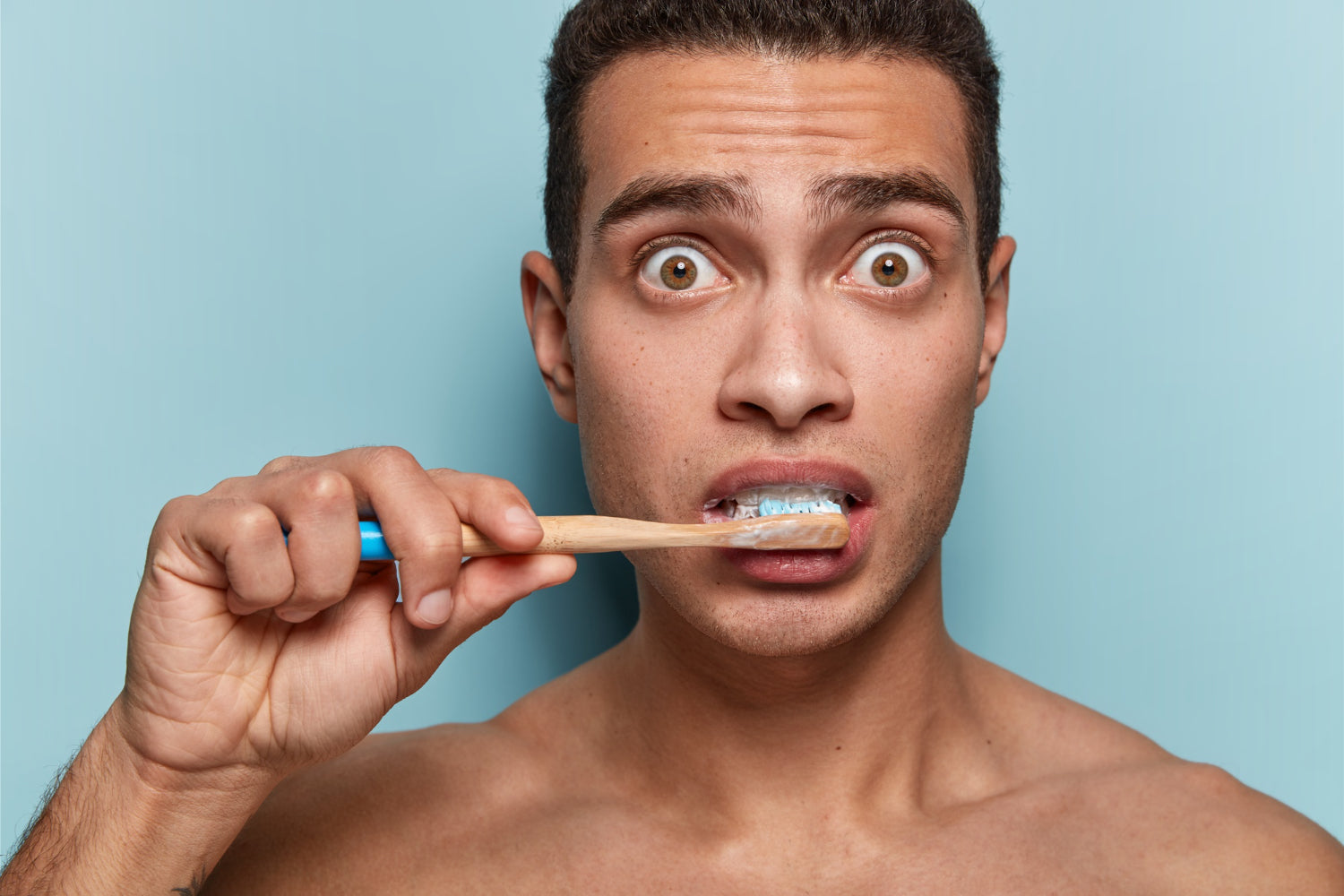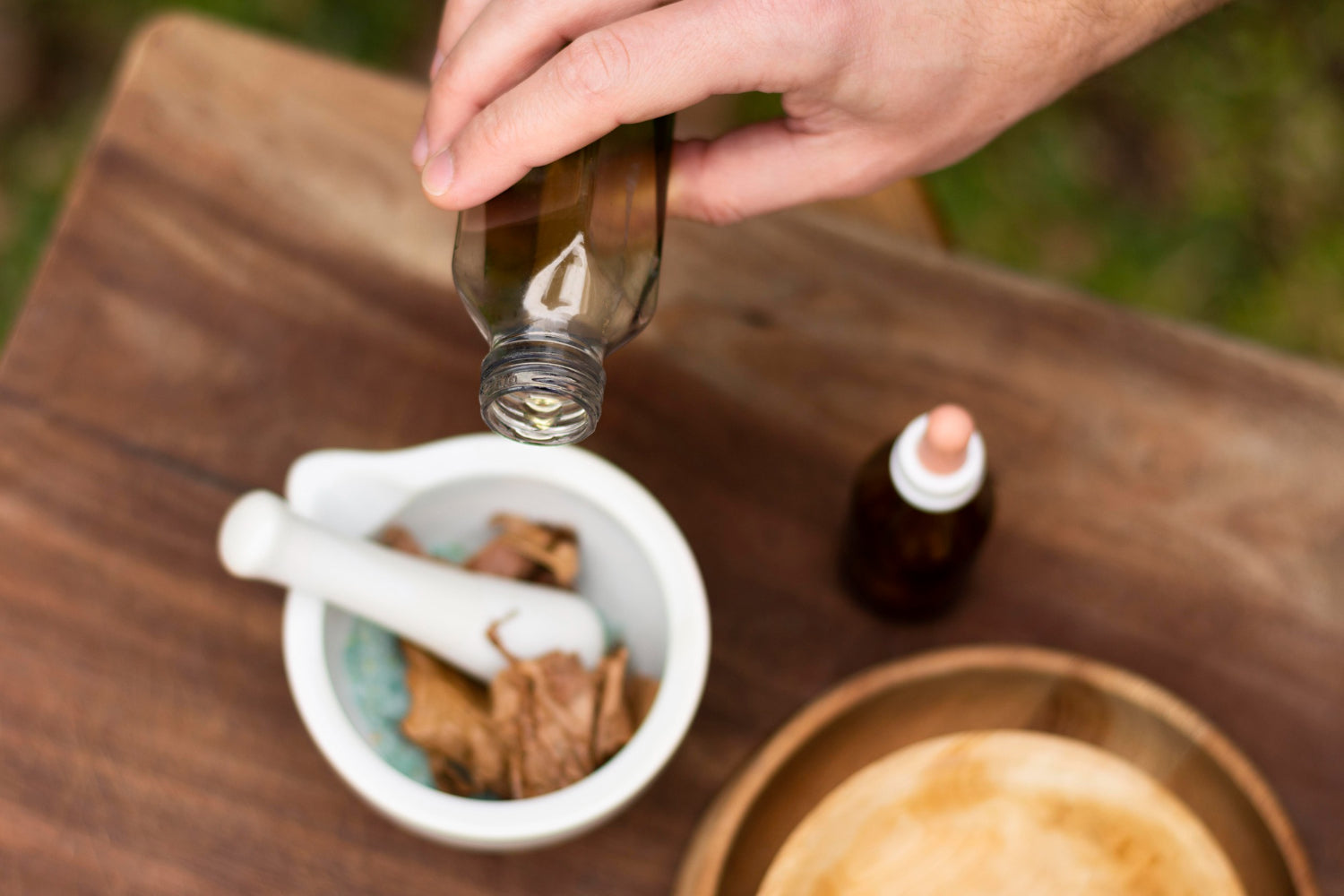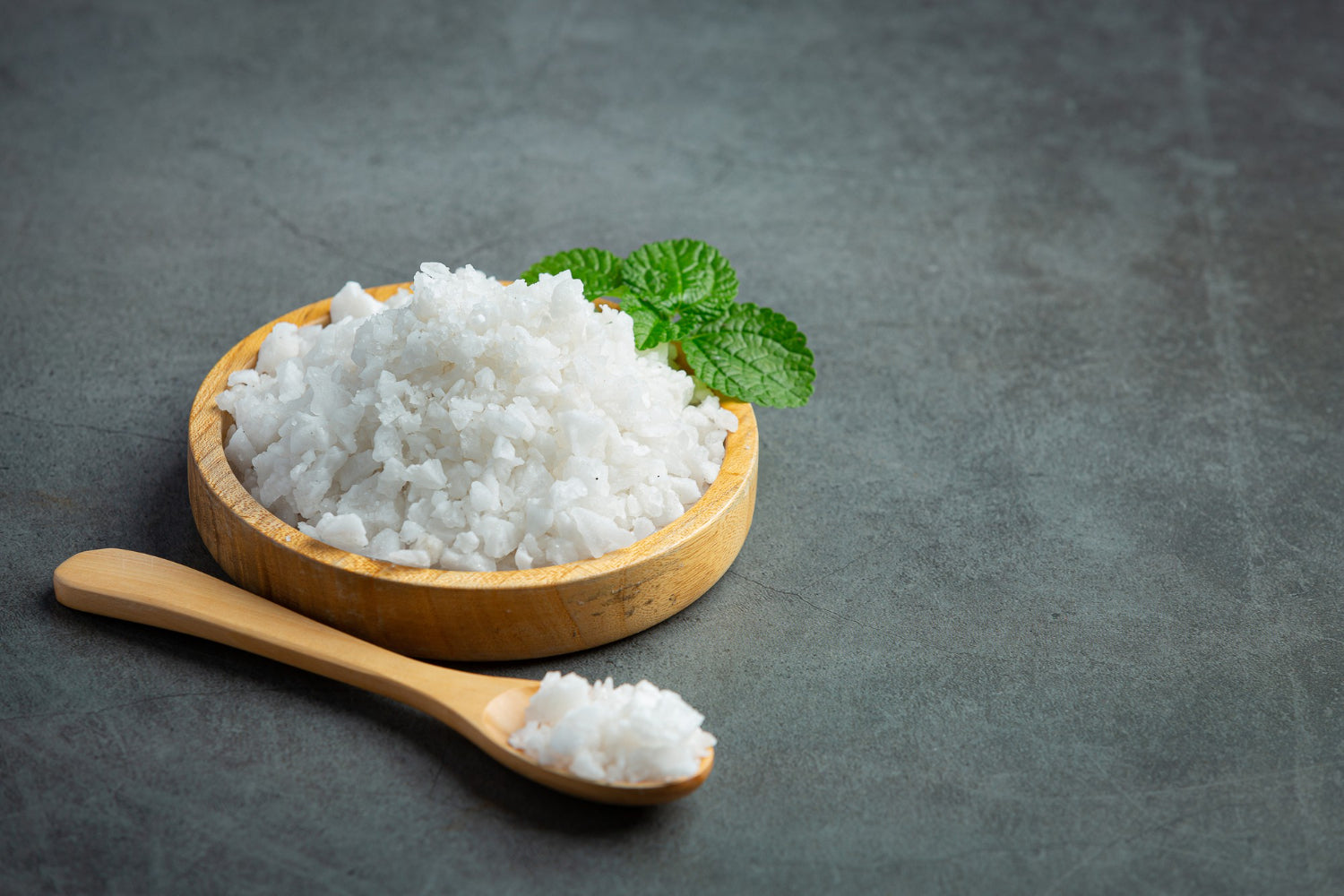According to a consumer analysis, around 97 percent of Germans brush their teeth at least once a day, and around 70 percent even use a toothbrush twice a day as recommended by dentists.
Brushing teeth is therefore part of the daily routine for most people, but this is precisely where a danger lurks. Too much routine reduces attentiveness. Mistakes creep in - and this is also true for brushing teeth.
Because we usually clean our teeth automatically and without thinking about it, we no longer control our actions and therefore brush with too much pressure, for example.
This brushing mistake is widespread because many people think that they can get their teeth particularly clean by vigorous, prolonged scrubbing. However, this is a misconception. Scientists have found out in a study that too firm and also too long dental care does not bring any benefit and is even harmful.
In the study, the oral hygiene of volunteers was observed and analyzed over a period of four weeks. The result was that a brushing time of two minutes with a pressure of 150 grams is recommended.
Brushing your teeth: How to find the right pressure
It's easy to adjust the brushing time. Set the timer - and you're done. But what about the pressure? Basically, you can say that for the recommended pressure of 150 grams, the toothbrush must lie loosely in your hand.
In addition, the following trick helps: press your toothbrush on your kitchen scale until you reach 150 grams. This will give you a feel for the pressure of 150 grams. You will probably be surprised how quickly 150 grams is reached. Most people, without knowing it, brush with much more pressure.
Brushing your teeth: Why is the right pressure so important?
The enamel and the underlying dentin lie like a protective shell around each individual tooth. If you brush with too much pressure, you first damage the enamel and later also the dentin. In other words, the tooth loses its protective shell and can therefore be attacked more easily by bacteria, making it more susceptible to disease. In addition, sensitivity to heat and cold usually increases. Brushing with too much pressure also often pushes the gums up or down. This exposes the necks of the teeth, which are more susceptible to infection if unprotected.
Particularly careful dosage of pressure is required when using toothbrushes with hard bristles. The tooth hard tissues can be literally ground away and the nerves damaged. Caries has an easy game. Therefore, medium or softer bristles are recommended, because then too much pressure is more likely to be forgiven.
Some electric toothbrushes offer automatic pressure control. With an acoustic or optical signal, these models indicate when the pressure is too high.




Leave a comment
All comments are moderated before being published.
This site is protected by hCaptcha and the hCaptcha Privacy Policy and Terms of Service apply.